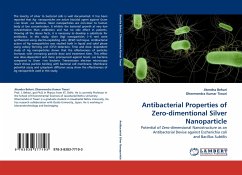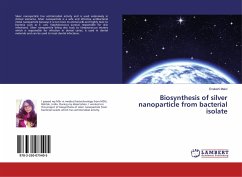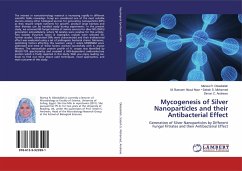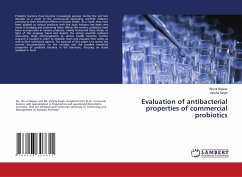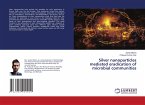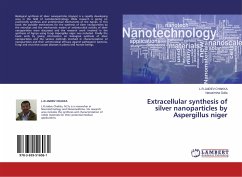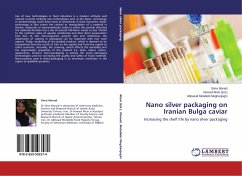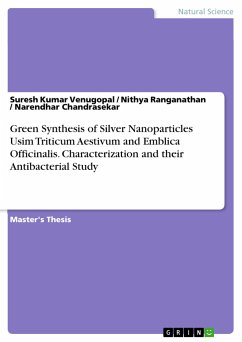The toxicity of silver to bacterial cells is well documented. It has been reported that Ag- nanoparticles are active biocidal agent against Gram +ive Gram -ive bacteria. Silver nanoparticles are non-toxic to human body at low concentration. It inhibits the bacterial growth at very low concentration than antibiotics and has no side effect in patients. Viewing all the above facts, it is necessary to develop a substitute for antibiotics. In this study, silver (Ag) nanoparticles (~6 nm) were synthesized using electro-exploding wire (EEW) technique. Antibacterial action of Ag nanoparticles was studied both in liquid and solid phase using colony forming unit (CFU) detection. Time and dose- dependent study of Ag nanoparticles shows that the effectiveness of particles increases with increasing particle dose and treatment time. This effect was dose-dependent and more pronounced against Gram -ive bacteria compared to Gram +ive bacteria. Transmission electron microscopy result shows particle binding with bacterial cell membrane. Membrane potential assay and cytoplasm diffusion assay show the effectiveness of Ag nanoparticle used in this study.
Bitte wählen Sie Ihr Anliegen aus.
Rechnungen
Retourenschein anfordern
Bestellstatus
Storno

